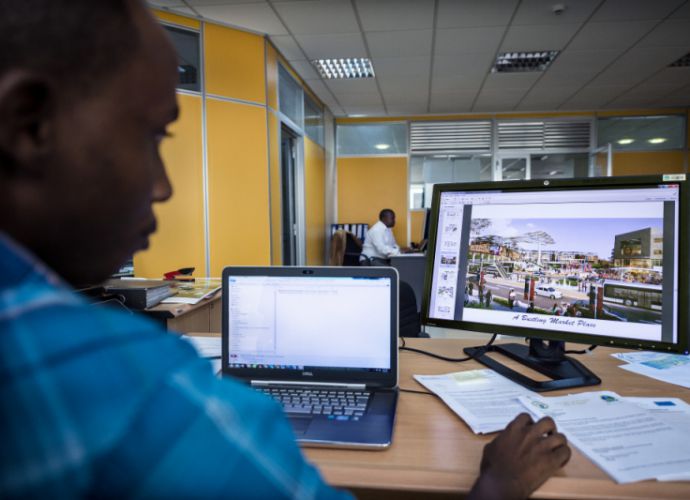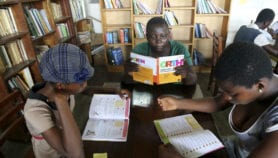By: Kingsley E. Hope
Send to a friend
The details you provide on this page will not be used to send unsolicited email, and will not be sold to a 3rd party. See privacy policy.
[KUMASI] Scientists have called for the involvement of professionals in designing Ghana’s 40-year development to help the country adequately tackle challenges.
The country’s government launched the process for developing the 40-year national development plan this month (4 August).
“I think Ghana is not progressing because we are not tapping into the brains of professionals.”
Yahuza Mohammed Gomda, Ghana’s Ministry of Environment, Science, Technology and Innovation
The move follows the recommendation of Ghana’s Constitutional Review Commission, which presented its 960-page final report on 20 December 2011 to the government.
Experts say the country lacks a long-term strategic plan for development, and that the final document to be developed will be binding on successive governments.
Nii Moi Thompson, the director-general of Ghana’s National Development Planning Commission, which is to oversee the development of the plan, said during the launch that 2018-2057 was chosen to coincide with the 100 years of gaining independence from colonial rule.
At the 1st International Conference on Engineering, Science, Technology and Entrepreneurship (ESTE 2015) held at the Kwame Nkrumah University of Science and Technology (KNUST) in Ghana earlier this month (6-7 August), scientists advised stakeholders not to neglect science, technology and innovation (STI) when creating the plan.
Samuel Nii Odai, the pro vice-chancellor of the KNUST, recommends the engagement of engineers, scientists, and other professionals to ensure that the final document can transform the country.
He explained that failure to engage experts could result “in a national policy with loopholes”.
Mark Adom-Asamoah, an associate professor of civil engineering at KNUST and the planning committee chairman of ESTE 2015, told SciDev.Net about the relevance of engineering, science, technology and entrepreneurship to national development.
He tasked entrepreneurs to develop commercial products from research projects in themes such as agricultural productivity, food security, environment, energy and human health that were showcased at the conference to help ensure that scientific findings become relevant to the public.
Yahuza Mohammed Gomda, a director at Ghana’s Ministry of Environment, Science, Technology and Innovation, called for an attitudinal change to bring all on board to help push science and technology development.
“I think Ghana is not progressing because we are not tapping into the brains of professionals,” he told SciDev.Net.
Kamal Kant Dwivedi, the president and founder of India-based Global Academy of Doctorates, called for transdisciplinary research to enhance science-based contributions to solve complex problems.“Transdisciplinary research holds the potential to stimulate innovation in a broad range of disciplines,” Dwivedi said. “Enhancing transdisciplinary practice and its scientific foundations are, therefore, a great challenge.”
Dwivedi urged African leaders to team up with their universities to embrace science and technology to help accelerate development.
This article has been produced by SciDev.Net's Sub-Saharan Africa desk.














